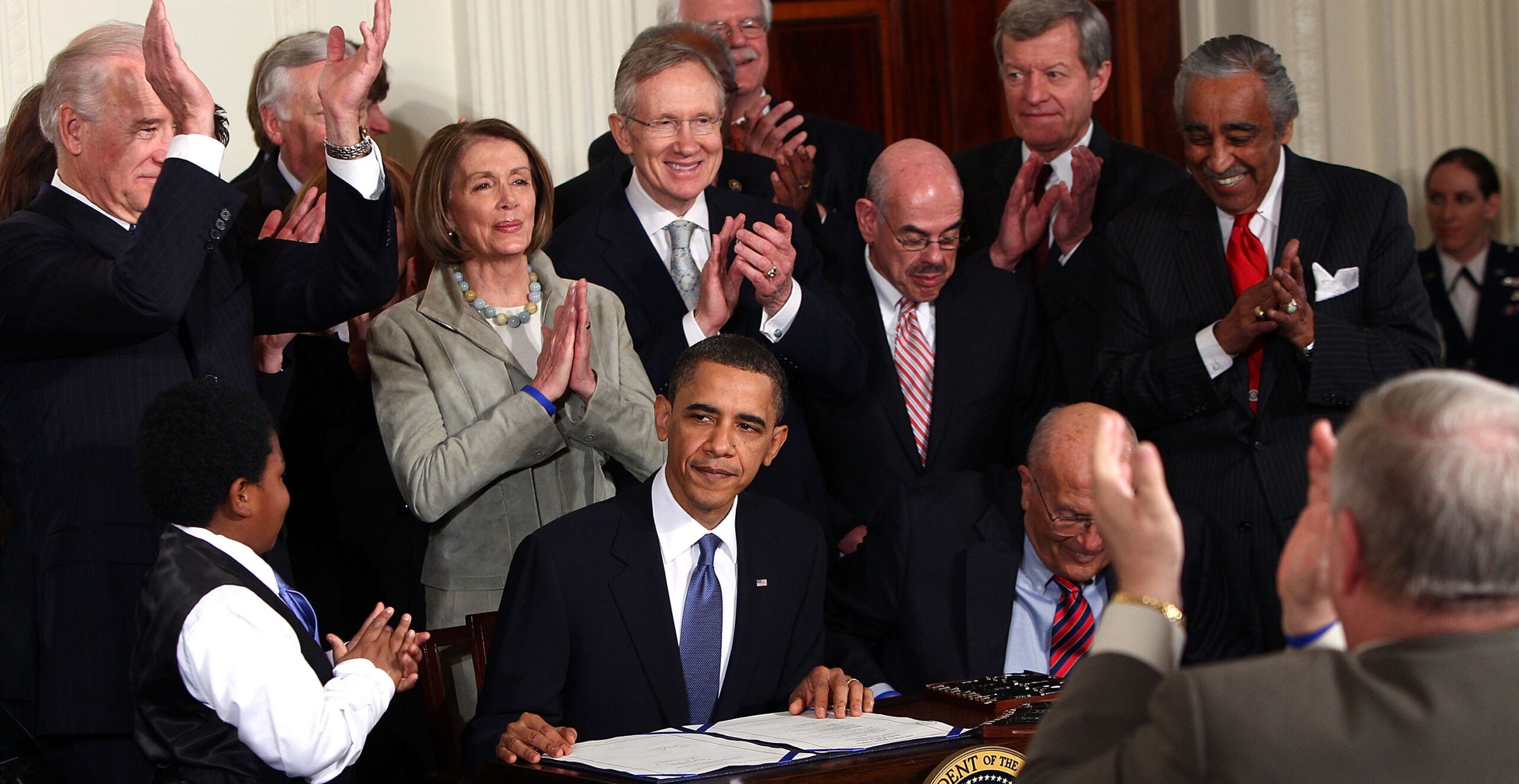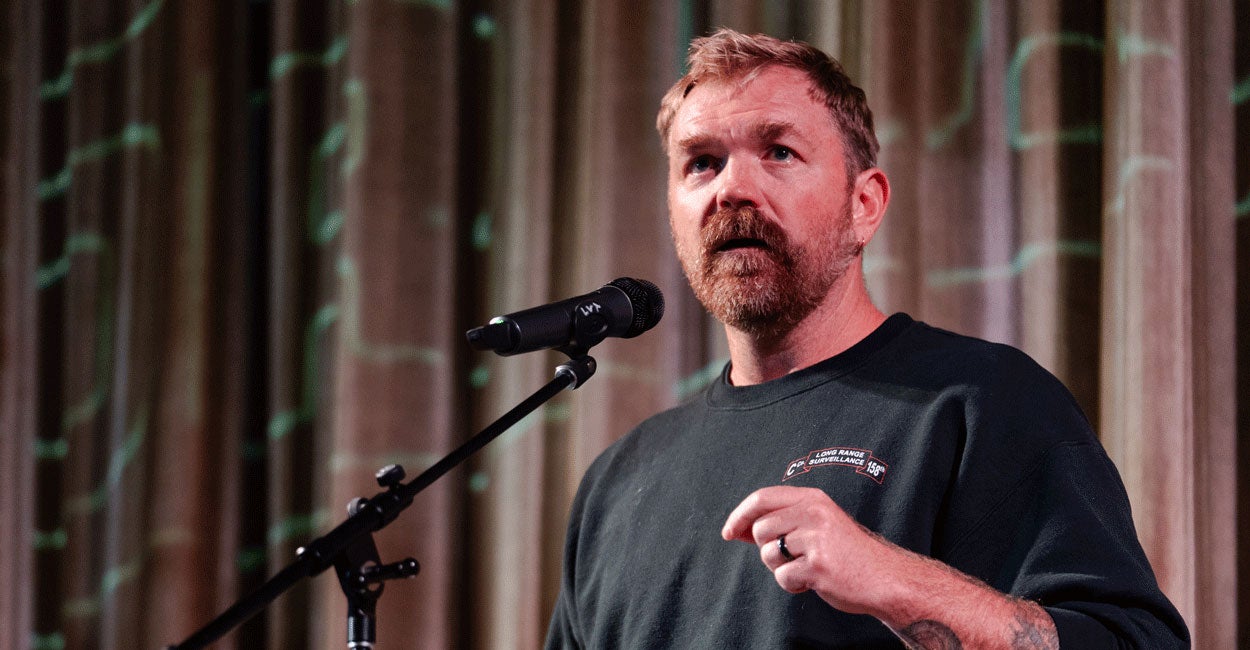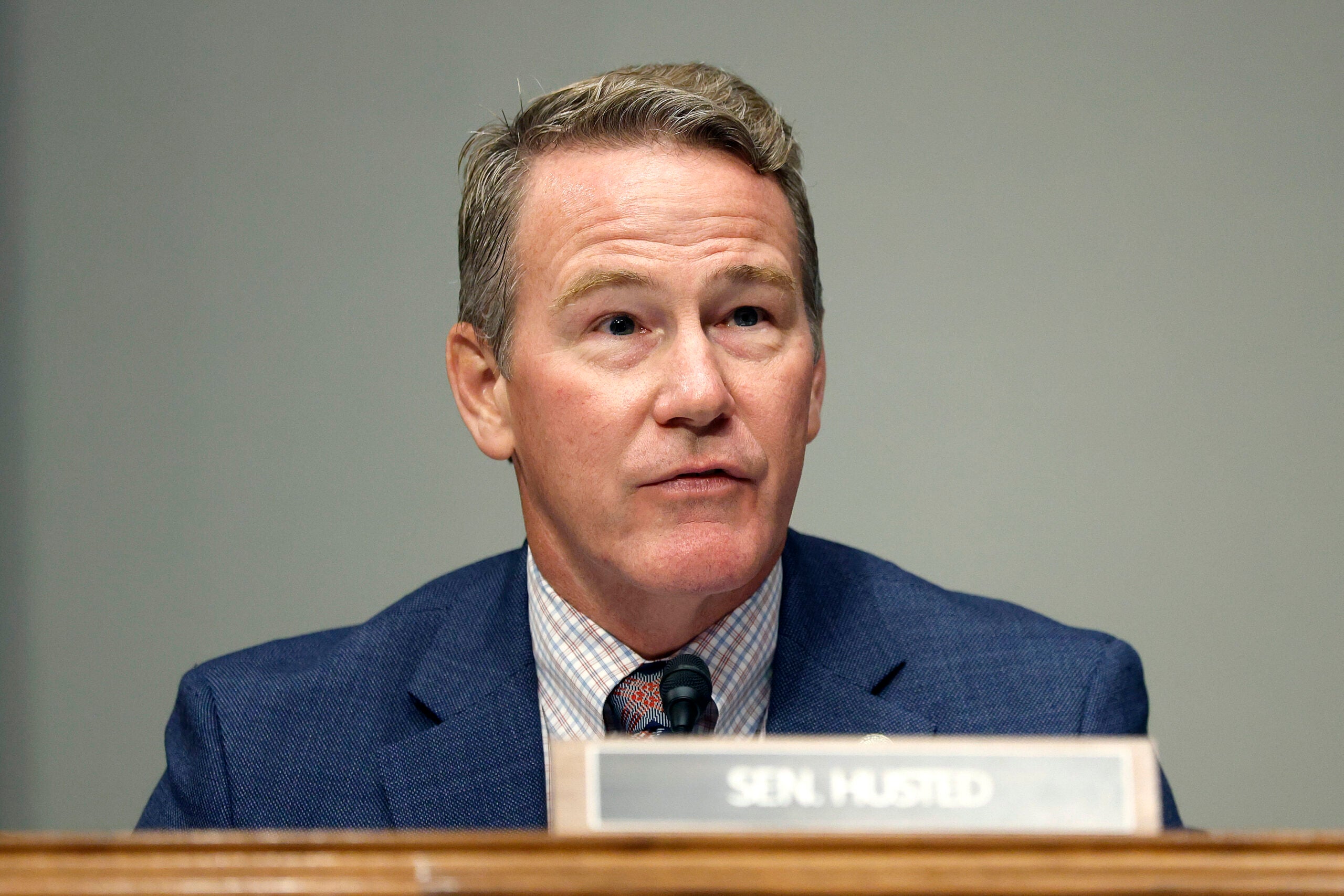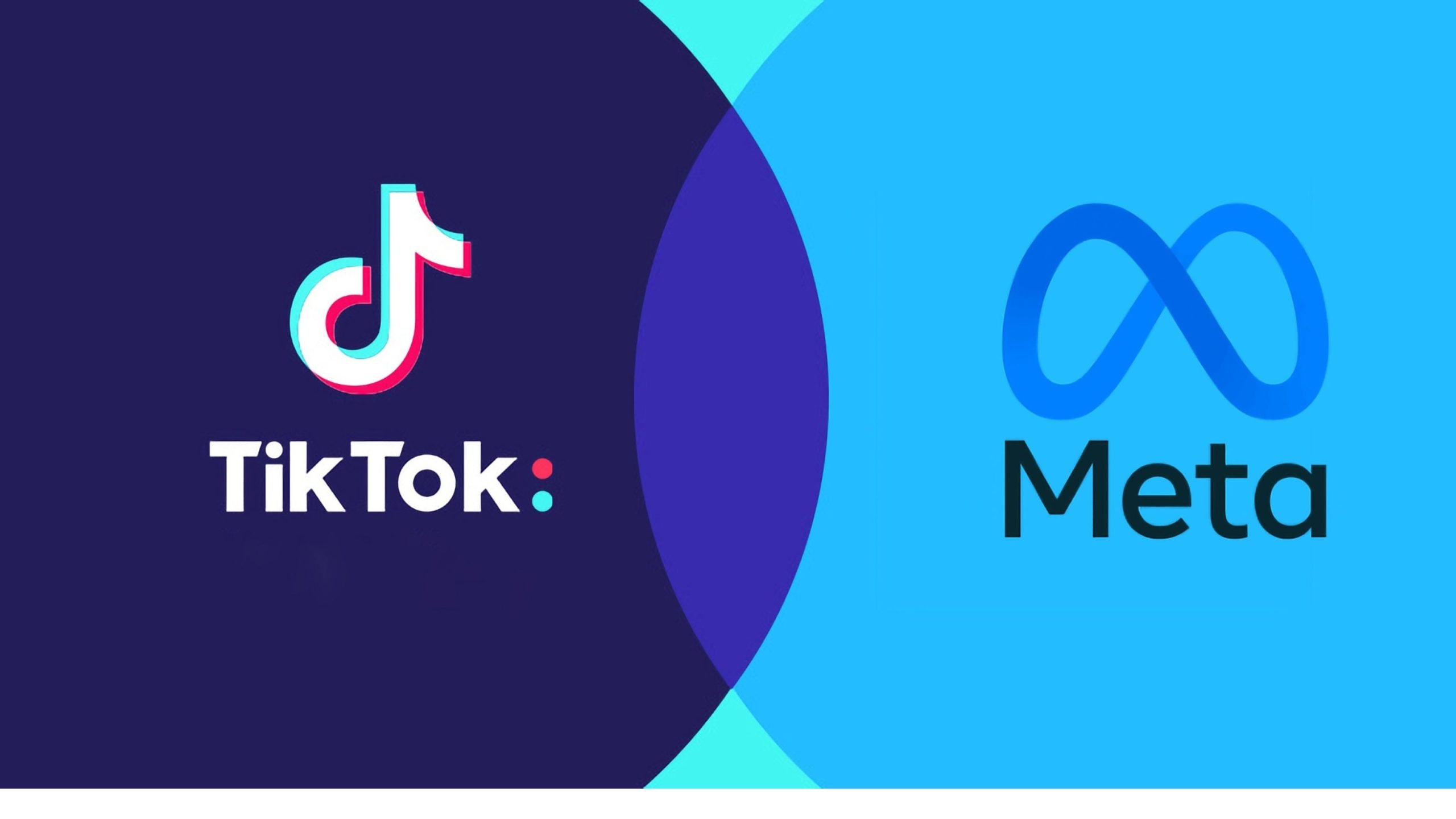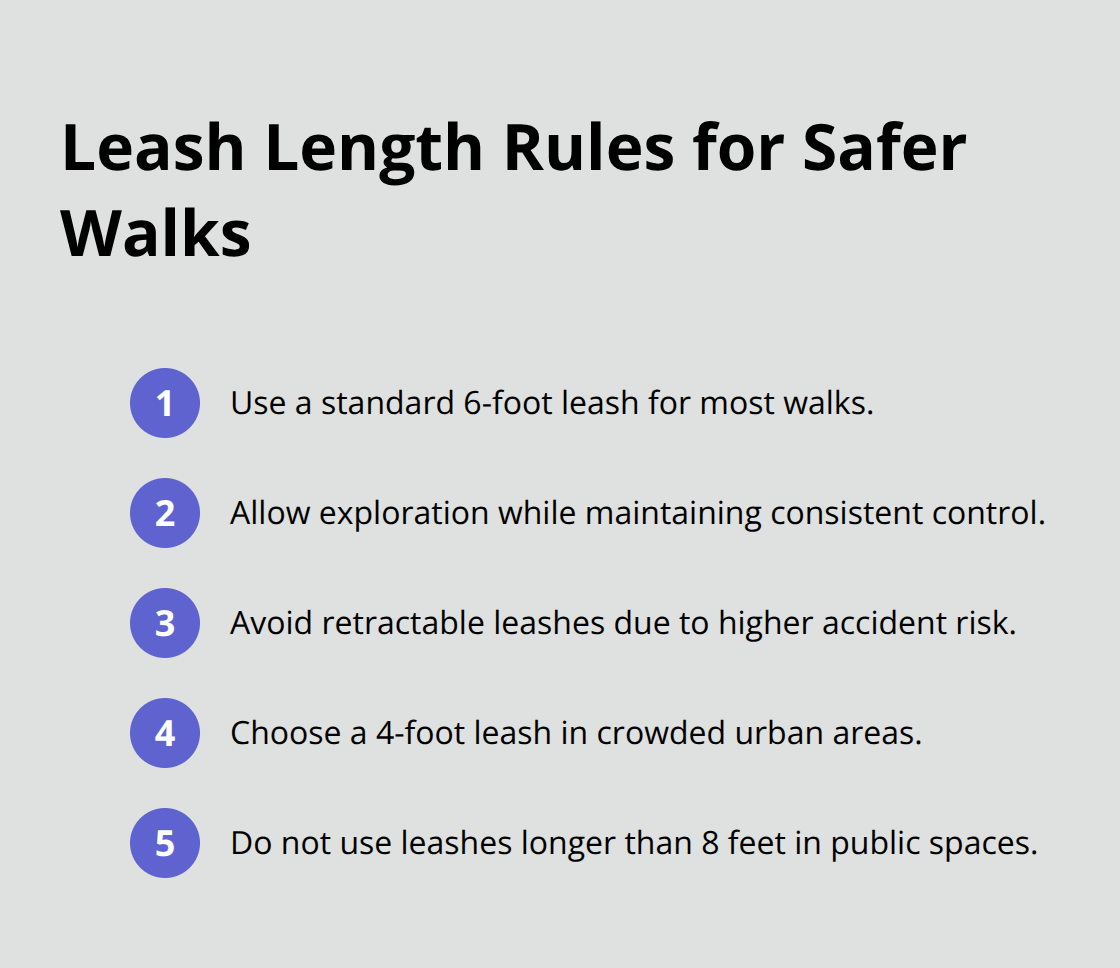
www.dailysignal.com
The Fresh, New ‘Jacobin’ Faces of the Democrat Party
Editor’s note: This is a lightly edited transcript of today’s video from Daily Signal Senior Contributor Victor Davis Hanson. Subscribe to our YouTube channel to see more of his videos.
Hello, this is Victor Davis Hanson for The Daily Signal. The Democrats are in a quandary. The old guard of Senate Minority Leader Chuck Schumer and Rep. Nancy Pelosi are very worried about this young group of more radical, Jacobin, younger people who want to shut down the government.
That was the impetus behind the shutdown: “Do not cooperate whatsoever with President Donald Trump. And then, take the House and the Senate.”
The problem that these people have is they are not in the mainstream of American politics. And so, they have said things in their past before they were candidates—sometimes during—that are incompatible with the majority of Americans’ views on what denotes proper behavior and conduct of a politician or an official.
For example, Graham Platner in Maine, who wants to be the Democratic nominee for the Maine Senate and run against incumbent Sen. Susan Collins, has said some really atrocious things. He’s castigated black people. He says that, stereotypically, they don’t tip. He said that white rural people are racist.
He’s in a lot of trouble, though, because when he was in the Marine Corps, he went to a tattoo parlor and got a skull and crossbones tattoo. Now, he would like us to believe that this was no big thing, that it was just, I don’t know, a skull. And young people do stupid things, he said. But it was a long time ago. He’s had, I don’t know, 17, 18 years to get rid of it if it was something more than skull and crossbones.
And it was something more than skull and crossbones because it was not just skull and crossbones. It was the exact replica, facsimile of the Totenkopf, death’s head, emblem of the 3rd SS-Waffen Division in World War II, a division that was made up of, at least in its 1939-41 inception, former death camp guards and special Einsatzgruppen group killers of Jews.
And so, when he went to this parlor, he put on the official logo of the 3rd Waffen-SS Panzer Division. And he has had it on his chest, and he’s referred to it himself as a Totenkopf, death’s head, the German word. So, he knew what he was doing.
You can say, “Well, Victor, do you really believe he is a Nazi?” And I’m gonna say, I don’t know what I believe. But from what he said and what is tattooed on his body, I think he’s reckless, indiscriminate, and can’t tell the truth. It’s kind of ironic because no one in the Democratic Party, who’s afraid of this base that he represents, has really criticized him and said, “You should drop out of the race.”
Remember when Elon Musk did this and this, they said he was a Nazi until we found pictures of everybody from House Minority Leader Hakeem Jeffries to former President Barack Obama doing this. And I think even Sen. Elizabeth Warren did this, just to salute.
So, we know that they were sensitive to it. But the problem is deeper. And that is, if you’re going to go to your base to get statewide candidates or national candidates, or your old guard is going to emulate the ethos of the base, then you have certain, I don’t know, background checks.
We have Jay Jones, remember, who’s running for attorney general in Virginia. And it’s not that he just happened to say, I would like my Republican opponent to be killed, or I would like to go to his funeral. When he was chastised in a text by a Republican counterpart not to say that, he doubled down. And he said: Oh, I would not only like him dead, I would like his children dead, and want them to be dead in his wife’s arms.
And he hasn’t really explained. He says that’s not him. But he didn’t really come forward until it was exposed, in the way that Mr. Platner didn’t come forward until it was exposed. And then they can’t give adequate explanations of why they said it or why he was tattooed. And they seemingly embarrass the old guard of Democrats, but they don’t because the act—the reply of the old guard is to ignore it because they’re terrified of them.
I think this goes beyond ignoring it.
California Gov. Gavin Newsom recently said that Homeland Security Secretary Kristi Noem was going to have a bad day. Thank you, America. What is that? An implied threat? That if she came into California with Immigration and Customs Enforcement, something bad would happen to her?
He said that he wanted to hit Donald Trump in the mouth. If a private citizen put that on social media, the FBI would be knocking on his door. He also said he wanted to hit them in the mouth, his Republican opponents that were engaged, as he is, in redistricting congressional districts.
And so, we’ve had Illinois Gov. JB Pritzker, who’s warned that he’s gonna go after ICE agents, if, in his view, he feels that they’re breaking the law—in his view. I don’t know if that means he’s going to arrest them or the state government is gonna investigate them and indict them. But it’s actually a violation of Article VI of the Constitution.
So, what am I getting at? The new Democratic Party is drawing on a base that is way out of the mainstream. And they’re out of the mainstream on the issues of crime, on the border, on illegal immigration, on foreign policy, on energy, radical abortion on demand, transgendered males competing in female sports. But more importantly, the way that they’re out of touch is one that’s on the record—their language, their threats, their promises of violence. And that’s not gonna go away.
And the problem that we’re having now is this rhetoric is escalating, escalating, escalating. And the more that they are shut out of official power in the House, the Senate, the White House, the Supreme Court, and the more they realize that they have to double down in language and heat because they have no light on the issues, in other words, the more they accept that the people do not want what they want to offer, the angrier they get.
And so, they are controlling this new Democratic Party, the primary system and the base of the party. And the angrier and more violent they get, the more the old guard, who’s on the way out, but does not wanna go on the way out, will itself either tolerate it or double down on it.
Where does this lead? At best it leads to 20 years of the wilderness. That period, I don’t know, comparable to Sen. George McGovern’s catastrophic left-wing defeat, 1972, in which the Democratic Party committed suicide. They had a little four-year blip with President Jimmy Carter that only reminded people how bad they were until President Bill Clinton in 1992 came back for eight years. He never won the popular vote over 50%, but he acted as a moderate, and he was able to win 49%, 43% in the Electoral College on two occasions. And he saved the Democratic Party. That would be the best scenario for them.
The worst scenario is they take their rhetoric seriously, and they really do want to escalate to violence and use state authority, such as they have, to challenge the federal government. That’s uncharted territory. But we know one thing: It’s not going to end well.
We publish a variety of perspectives. Nothing written here is to be construed as representing the views of The Daily Signal.
The post The Fresh, New ‘Jacobin’ Faces of the Democrat Party appeared first on The Daily Signal.










